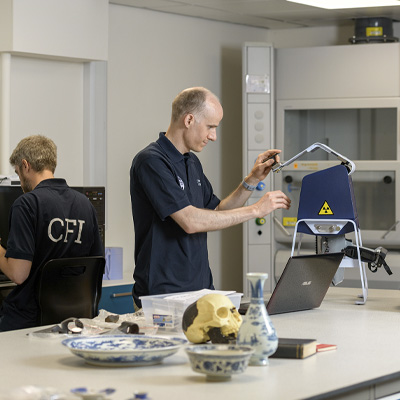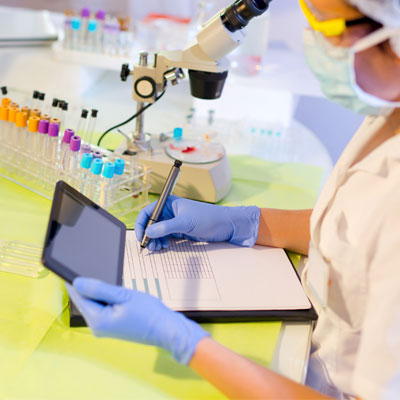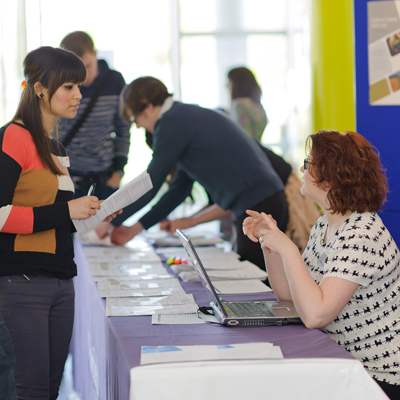Six Cranfield University projects, working with UK businesses, ranging from green hydrogen production to electric vehicle range extension, have been awarded funding from the Accelerated Knowledge Transfer to Innovate scheme from Innovate UK. The six projects secured over £150,000 in total.
Professor Leon A. Terry, Pro-Vice-Chancellor for Research and Innovation at Cranfield, said, “This funding focuses on accelerating the development of projects or concepts which can bring rapid and significant impacts for businesses. I’m delighted that we can build on our close ties to industry with Innovate UK’s support for this series of exciting projects.”
The projects are:
H2Top – Novel coupling and control methods for green hydrogen production
HyWaves, in collaboration with Cranfield University, is developing a concept to address the current complexity and inefficiency in producing hydrogen from renewable energy sources. The project replaces current electronics with a robust, low-cost, and high-energy efficiency architecture.
Financial crime vaccines trials
Cranfield University will support the proof of concept of FinCrime Dynamics’ solution for financial services within areas of anti-financial crime. The ‘vaccine’ is a safe way for financial institutions to understand and improve their financial crime controls. The project will validate a key component of the solution, the fincrime framework, to ensure it is a good market fit.
Towards the lighter and safer transparent structures for transportation vehicles
This project with Turing Intelligence Technology Ltd aims to design lighter and safer transparent vehicle structures such as windscreens. Building improved safety performance will benefit both the research community and relevant industrial sectors.
Control system development for a high-performance, low-power active suspension system
Domin Fluid Power Ltd and Cranfield University will work together to develop a control system and validate technology relating to Domin’s innovative, high-bandwidth, low-power active suspension system, capable of delivering a 10% range extension to electric vehicles.
CREPs: Corrosion resistant bipolar plates for PEM electrolysers
Titanium is a preferred but expensive material used to produce green hydrogen from renewable sources. An exciting commercial project aims to reduce the cost by replacing titanium with stainless steel to make this route competitive with hydrogen from fossil fuels.
Blockchain-based system for visibility and sustainability in shipping industry
This project with Modular Clinton Global (MCG) Ltd aims to develop blockchain-based digital platform to track and assess cold-chain containers in maritime operations to achieve improved visibility and sustainability. The novel platform integrates advanced technologies to automatically capture product flow and compute carbon intensity index throughout maritime journey, enabling transparency and control to maritime service providers.




